
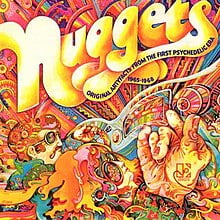
Before he became Patti Smith’s lead guitarist, Lenny Kaye compiled Nuggets: Original Artyfacts from the First Psychedelic Era. Released in 1972, the two-LP set covered American garage rock and psychedelia from the years 1965-1968 and was a major influence on punk rock. Rhino Records reissued an expanded version of the set in 1998, with 118 tracks in total. I’m profiling and rating each of these 118 tracks, working backwards.
Track 86: Double Yellow Line by The Music Machine
Release Date: 1967
From: Los Angeles, California
Rating: 9/10
DOUBLE YELLOW LINE – The Music Machine [2:09]
(Sean Bonniwell)
Personnel/SEAN BONNIWELL: vocals, guitar * MARK LANDON: lead guitar * DOUG RHODES: organ * KEITH OLSEN: bass * RON EDGAR: drums
Produced by BRIAN ROSS & MAURIE BERCOV
Recorded in Los Angeles, CA
Original Sound single #OS-71 (4/67); Pop #111
‘Double Yellow Line’ is the second of two tracks from The Music Machine on Nuggets – ‘Talk Talk’ is better known, reaching the top twenty. The band formed in Los Angeles but originated in different parts of the country – drummer Ron Edgar was from Minnesota, bassist Keith Olsen came from South Dakota, and vocalist Sean Bonniwell hailed from California. The trio played folk as The Ragamuffins, before recruiting two new members and rebranding as The Music Machine.
I was aware of Olsen’s subsequent career as a producer, but The Music Machine are one of the most impressive bands featured on the box. The whole band is great – there’s fuzzy lead guitar from Mark Landon, a creative and busy rhythm section, organ, and a fabulously gruff vocalist. Bonniwell was the band leader, writing The Music Machine’s material.
Despite the success of debut single ‘Talk Talk’, The Music Machine’s career stalled. Their record company forced them to pad their debut album out with covers, unnecessary for a creative band. They also failed to make the bill for the 1967 Monterey Pop Festival.
‘Double Yellow Line’ was recorded after the debut album, in April 1967. It was one of the last sessions to feature the original band – Olsen, Edgar, and organist Doug Rhodes left to form the Millennium, whose 1968 album Begin has become recognised as a sunshine pop masterpiece. Bonniwell continued the band for a second record, The Bonniwell Music Machine, before going solo.
Bassist Keith Olsen enjoyed a successful career as a producer, notably working on Fleetwood Mac’s successful 1975 album with Buckingham and Nicks. It’s always interesting to see what happened to the band members who left the music industry – here are some excerpts from an interview with guitarist Mark Landon on his post-Music Machine life, taken from MinniePaulMusic.com:
I felt put upon, used, and financially cheated. I had received essentially nothing for my years of effort, living in hotels up and down the Sunset Strip, buying our manager’s old used car, when he bought a new Lincoln Continental and I had to pay it off on time because I had no cash. When the group broke up our other manager bought a beautiful new home at the top of Laurel Canyon and Mulholland Drive, overlooking Hollywood and moved in. I moved into the back seat of my car.
I was crazy about the blues and left rock behind after The Music Machine. In 1969 I joined Ike and Tina Turner with whom I toured and recorded for the next few years. I met Ike at a recording session with Albert Collins who he was producing. After Ike and Tina Turner, I formed my own blues/rock group called Freight Train. By the mid to late 70’s the scene was all about either disco or punk. There was no place to play the blues on the West Coast. When my house was burglarized and all my guitars, amps, and musical and recording gear was stolen, I walked away. I did not own a guitar again for 18 years.
I built a new 33 year career as a Hollywood film and TV makeup artist for which I am lucky enough to have been nominated for 5 Emmy Awards and won 2 Emmy Awards for makeup. I bought a guitar again in the mid 90’s.
https://minniepaulmusic.com/artists/k-to-n/music-machine-ron-edgar-keith-olsen/
Read More
18 Comments
Leave a Reply
About
Aphoristic Album Reviews is almost entirely written by one person. It features album reviews and blog posts across a growing spectrum of popular music.
Review Pages
Read about the discographies of musical acts from the 1960s to the present day. Browse this site's review archives or enjoy these random selections:
Blog Posts
I add new blog posts to this website every week. Browse the archives or enjoy these random selections:
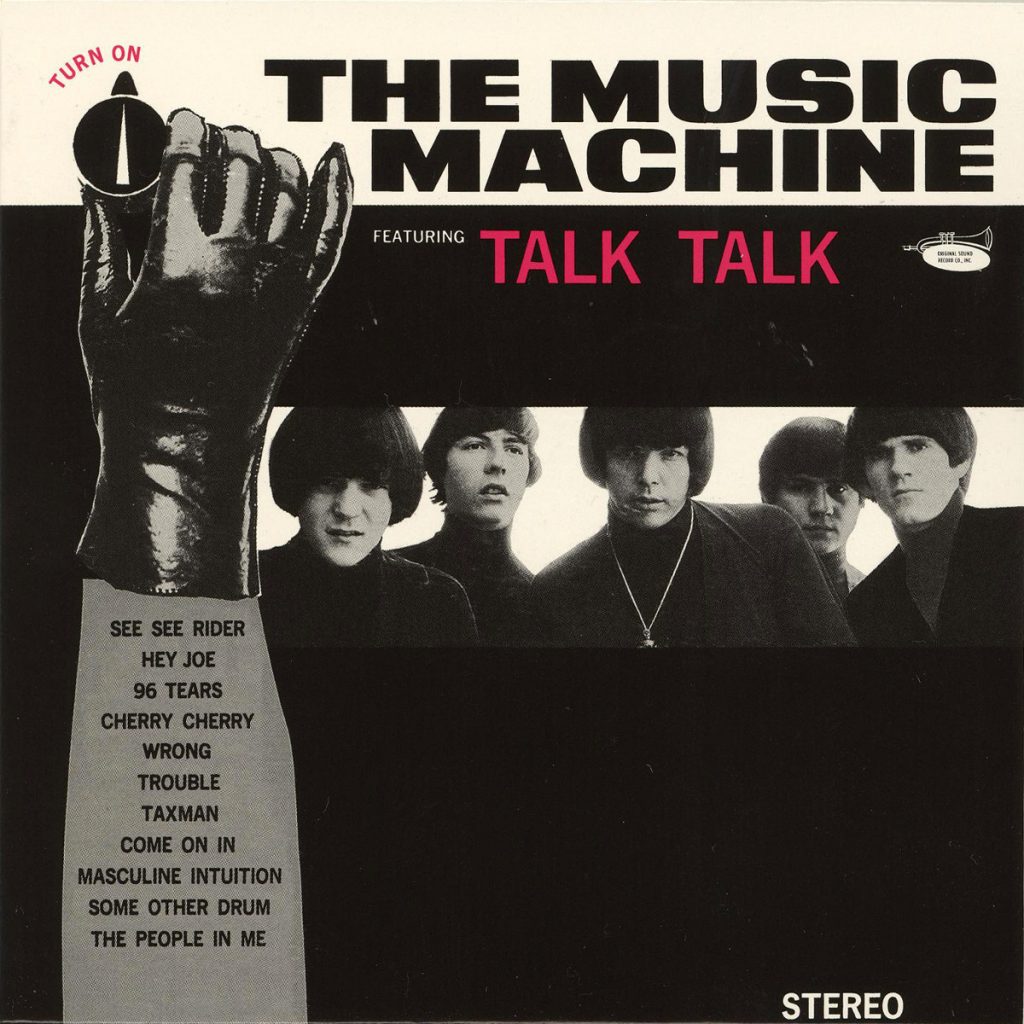
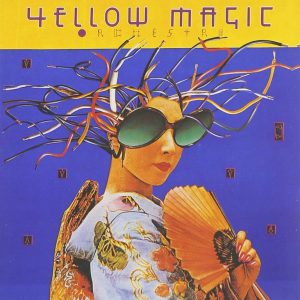
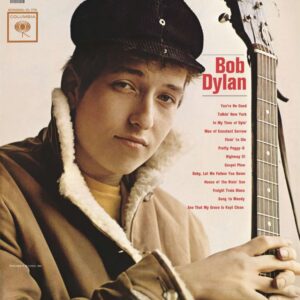
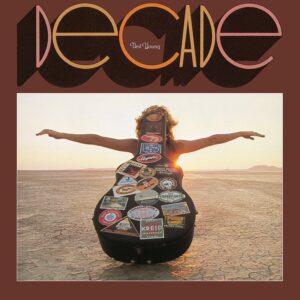
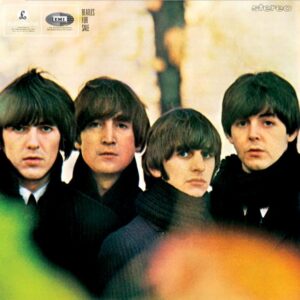


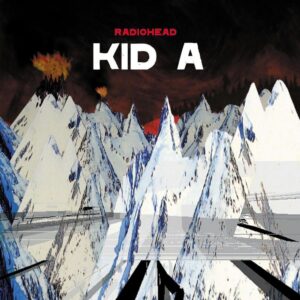
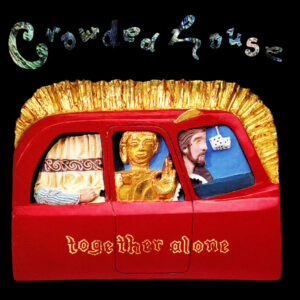
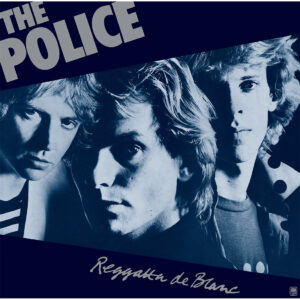
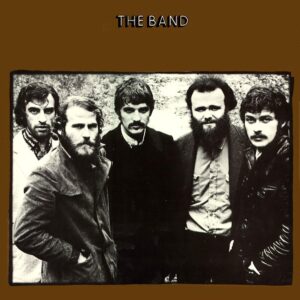

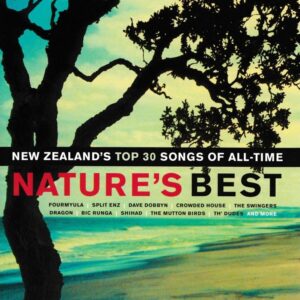
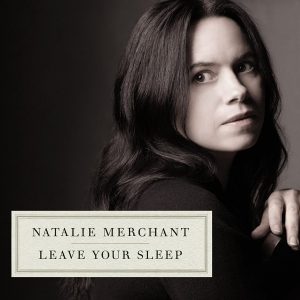
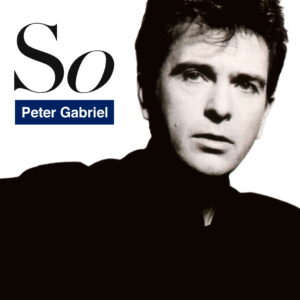
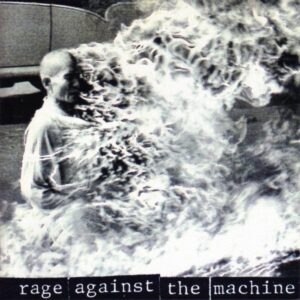
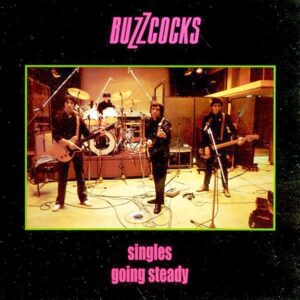




The sheer amount of stories I have read about former musicians, actors, entertainers, and professional athletes who were never fairly compensated for their talents continues to astound me. I like my anonymous life in comparison.
The Music Machine guitarist gets the worst of both worlds – got ripped off, but still doesn’t have his own Wikipedia page (although surely deserves one with the Emmys and the Ike and Tina Turner stuff).
Another catchy 60s fuzz-tone guitar tune. Good but you can pretty easily pin it down to that time period. As to that guy’s story, other than the makeup artist thing, that is the story of pretty much every musician. Not only is it a tough life but there are plenty of predators out there with not one whit of conscience.
Back to the song, Here’s a clip you could play along with the tune, sound off
https://www.youtube.com/watch?v=Nk3ZN3dSeDk
I perhaps naively assume that there aren’t as many terrible contracts now – seemed like almost everyone had them in the 1960s and 1970s?
You know, I don’t know the answer to that. I would like to think that the labels and the guys who sign artists are more enlightened and the artists are savvier. My son tells me royalties on Spotify are something like .00006 cents per play. One of his band’s songs could get 1000 plays and they’d be lucky to make a dollar. Yet the guys who own Spotify and the record labels make out pretty well. As the French say. plus ça change, plus c’est la même chose
The song is really good with no holes. The drumming is great. That song is more impressive than Talk Talk. Missing out on the Monterey Pop Festival was fatal.
It looks like the thing to be in the sixties and seventies was to be the manager not the band…
I haven’t heard Talk Talk enough to decide which I like best – both near the top tier in Nuggets for me though.
It was one of those songs I had on a compilation when I was young. This one is more involved….at least to me.
Not as good of a song as Talk Talk but it still sounds great
I haven’t heard Talk Talk much, so I’m undecided on my favourite yet!
Great song! I think I’m with Max here and prefer “Double Yellow Line” over “Talk Talk,” though that latter tune certainly isn’t bad either. The band had a cool sound – too bad they didn’t make it!
Yup, it’s a shame they didn’t get a chance to go further – feels like they had all the ingredients to have a strong career.
Damn. What a story!
It was an interesting interview – it’s good to hear from the less famous people and get their story too.
Everyone has a story – we’re all writing it every day!
Had to go find the linkthat’s how hooked you have me. The right vibe for the era and ‘Nuggets’.
Glad you’re enjoying – do you have the boxset?
No